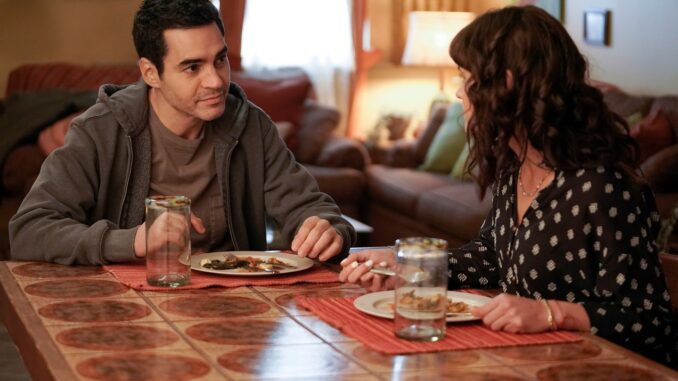
In the world of crime dramas, few characters are as morally complex and compelling as Will Trent. Based on Karin Slaughter’s popular novels, “Will Trent” follows a detective whose unwavering commitment to justice often pits him against the very system he’s sworn to uphold. But as he delves deeper into Atlanta’s criminal underbelly, viewers are left wondering: can Will Trent continue to uphold his ideals of justice when faced with increasingly difficult choices?
1. A Commitment Rooted in a Troubled Past
Will Trent’s commitment to justice is deeply personal, stemming from his challenging upbringing and a childhood spent in Georgia’s foster care system. Abandoned at birth and later raised in group homes, Will grew up witnessing injustices firsthand. These experiences shaped his character and career, giving him a unique perspective and a drive to protect vulnerable people. Will’s motivations go beyond a sense of duty; his mission is to make sure that no one else suffers the way he did. This gives him an edge as a detective but also complicates his decisions as his cases grow more morally ambiguous.
2. Navigating Corruption in the System
One of the biggest challenges for Will is dealing with corruption within law enforcement itself. Will’s moral compass points him toward justice, but he often finds himself surrounded by colleagues who don’t share his high standards. He is determined to expose those who misuse their power, but doing so can be costly. When Will encounters corruption, he has to decide: should he confront it head-on and risk alienating allies, or should he work around it, potentially compromising his principles? His actions reveal the complex balancing act of staying true to his values in a system that doesn’t always reward integrity.
3. Personal Relationships vs. Professional Duties
Will’s relationships also test his commitment to justice, particularly his connection with Angie Polaski, a fellow officer with whom he shares a complicated past. Their relationship often blurs professional boundaries, creating potential conflicts of interest. When personal feelings threaten to interfere with a case, Will has to choose between his loyalty to Angie and his duty as a detective. The tension between his personal life and his professional obligations raises an important question: can Will put his ideals above his personal attachments, or will his heart cloud his judgment?
4. Sacrificing Justice for the Greater Good
Will’s cases often place him in situations where he must weigh the immediate need for action against the long-term consequences of his choices. In some instances, choosing the morally “right” path could lead to dangerous criminals evading justice, while making a compromise might mean a quicker resolution but a moral concession. This forces Will to ask himself: is justice best served by adhering strictly to the rules, or should he be willing to bend them when the stakes are high? Each choice brings him closer to a gray area that tests his commitment to upholding justice without compromise.
5. Facing the Reality of Imperfect Solutions
As Will encounters more difficult cases, he learns that justice is rarely black and white. Some cases leave him grappling with imperfect solutions—situations where any decision he makes will have negative repercussions. This is especially challenging for someone as idealistic as Will, who strives for outcomes that honor his values. But the more he sees of Atlanta’s crime-ridden streets, the more he realizes that ideal resolutions are rare. Watching Will struggle with these moral dilemmas makes his journey compelling and reveals the emotional toll of his work.
6. The Emotional Cost of Upholding His Ideals
The stress of his job often takes a toll on Will, both physically and mentally. His deep empathy and personal investment in his cases mean he feels the weight of every choice he makes. The relentless pursuit of justice comes at a high price, one that affects his mental health and relationships. This is evident when Will’s dedication pushes him to the brink of burnout, causing him to question whether his ideals are worth the sacrifices. Can he continue to uphold his beliefs, or will the emotional burden ultimately wear him down?